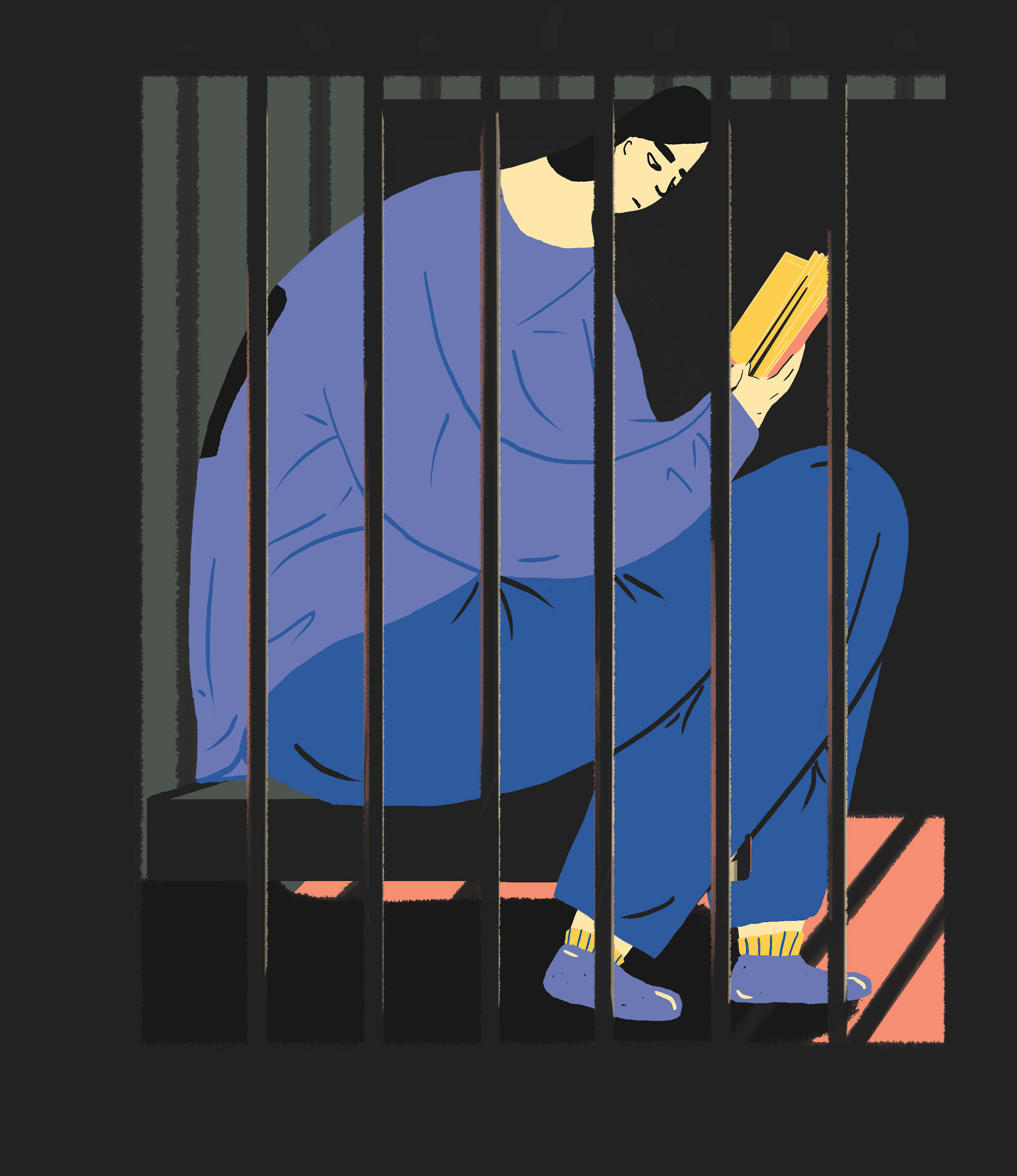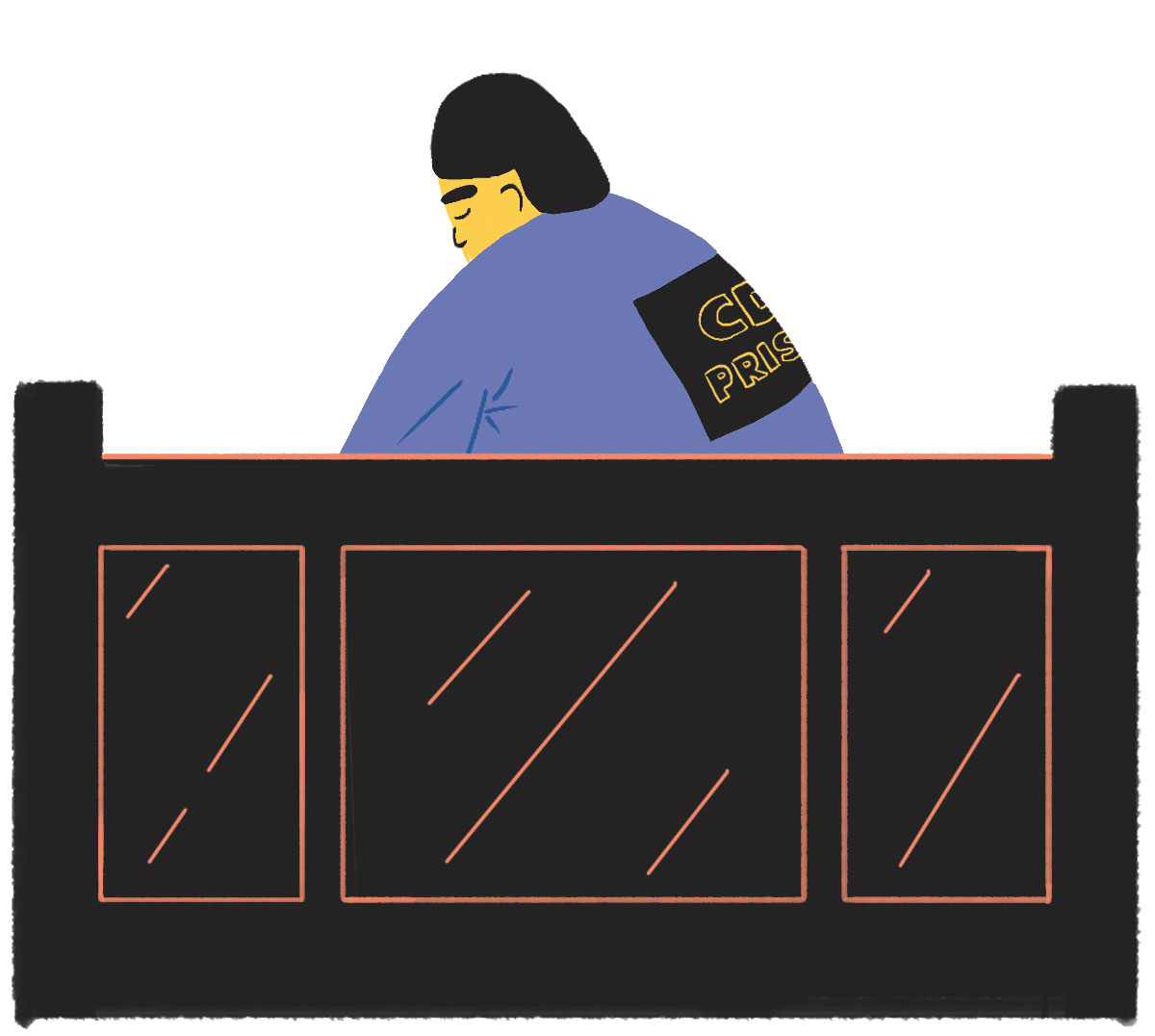
Around 2:40 a.m. on September 4, 1977, 17-year old Melvin Yu and two other members of the Joe Boys gang, all heavily armed, stormed the Golden Dragon Restaurant in San Francisco’s Chinatown. They’d been tipped off about the whereabouts of the leaders of two gangs allied against them, the Wah Ching and the Hop Sing Boys. Earlier that year, there had been a series of shootouts and killings as the various gangs fought over protection rackets and the highly lucrative illegal fireworks trade. From 1969 to 1977, there had been at least three dozen killings involving SF Chinatown youth gangs.
But no gang members died that night. As many as 10 Wah Ching and Hop Sing Boys were indeed at the restaurant. But Melvin and the other Joe Boys directed their rifle, shotgun, and pistol fire pell-mell, killing five and wounding 11, all bystanders. It was over in about one minute. The Golden Dragon Massacre became the largest mass shooting in San Francisco history.
Within a year, the three Joe Boys gunmen and two other accomplices were arrested and charged, and all would be convicted. Melvin, then 18, was found guilty of five counts of first-degree murder and 11 counts of assault with a deadly weapon, and sentenced to life in prison.
Meanwhile, I was growing up across the Bay in Oakland, one year younger than Melvin, busy with my church youth group and school. I remember reading the news about the shooting but feeling no personal connection to such happenings. Did it even occur to me to pray for these, my kinsmen and contemporaries, nearby and in such grievous trouble?
• • •
It sounded like a trade school — “Deuel Vocational Institution” — but the double 12-foot razor wire fences and looming guard towers told a different story. There, an hour or so drive from my home in Oakland into California’s Central Valley, lived 2,500 inmates. I’d been invited to preach at a Deuel chapel service. I was 39, married with kids, pastoring a church, and teaching seminary classes. It was the first time I’d ever stepped foot into an operating prison.
While Deuel does have a working dairy operation and a numerous industrial arts programs, most of its population are newly convicted prisoners just entering the California corrections system. But Deuel also has some medium and low-security units. This chapel service was in one of those units.

Security going in was straightforward. As instructed, I was wearing no denim, which is the standard inmate uniform at Deuel. I signed in, showed my ID, stepped through a metal detector, received an ultraviolet hand stamp, and was then greeted by the prison chaplain.
“If you come back five years from now, every man here today will be able to tell you what chapter and verse you preached on today. They don’t take chapel for granted!” the chaplain told me.
A choir from a Korean American church was there as well, and they were up first to share some praise songs and testimonies. (Getting a guitar through security must have been no small thing.) Then I was up to preach.
It was two days before Christmas and I started by acknowledging how especially hard it must be to be separated from family during the holidays. I then shared a message about Cain and Abel, and how God was pulling for Cain despite his seeming disadvantages and his early poor choices.
I reflected on how we all make choices in life, and how we have to live with the consequences of those choices. I emphasized how Jesus certainly understood what it felt like to be separated from home, to be arrested, and to even suffer a death penalty execution. And I proclaimed the good news of God’s forgiveness and offer of eternal life through faith in Jesus.
It was all true, but I knew even as the words were coming out of my mouth that these men were risking their lives and hopes on the Gospel in a way I could not imagine.
After the service, one inmate lingered and approached me. He was a fellow Asian American, about the age as me. He had tears in his eyes. “I’m Melvin Yu,” he said. He had become a Christian while behind bars. He had written me some time before, looking for help with an Asian men’s ministry he was trying to start in prison. (At that time, my church was one of the few in the area listed as “Asian American” in the telephone directory, which I’m guessing is how he found me.) “I’m never getting out,” he said. “There are too many people determined to keep me here.” We embraced and then went our separate ways.
• • •
As I drove away from Deuel to a family holiday gathering, I savored the precious freedom of being outside again. But with the choices I had made in life so far, and with their consequences, how much of my hope was I truly risking on the Gospel? In the end, so much of my freedom seemed to simply cost me the precious things that prisoners have in abundance: time and attention. What would it take for me to not take each Sunday — and each and every day — for granted?
I wish I could say I stayed in touch with Melvin, but I did not. I also recently learned, that against all expectations, he was actually paroled in 2015, and is now living somewhere in the Bay Area. Perhaps someone reading this knows where he is and how I can get in touch with him. Melvin, wherever you are, may the Lord guide your steps and bring redemptive good fruit from your life now and for eternity.
After the Golden Dragon Massacre, SFPD formed its Asian Gang Task Force. At its peak, it had 25 officers and is credited with stopping Chinatown gang violence by 1983. The Golden Dragon Restaurant itself eventually closed in 2006 and was replaced by the Imperial Palace Restaurant. And, sadly, in 1993, the 101 California shooting became the new San Francisco record holder, with eight killed plus the gunman.

“Asian” is lumped in with “Other” in California prison population statistics, with “Other” (that is, not white, Black, or Latinx) totaling about 6 percent. It can be pretty easy to not include prisoners when we think about Asian American and Pacific Islander ministries. But Jesus said anything we do for them, we do for him (Matt 25:36). What would it take for us to include prisoners in our Asian Pacific Islander self-concept and ministry efforts?
• • •
As it happens, the church I’m now at in Oakland has a new ministry to parolees at a nearby re-entry facility. Our initial efforts have been full of delight, caution, amazement, sweetness, much learning, and eyes greatly opened to the realities of walking with the Lord while restarting life on the “outside”.
What do we really believe about the power of the Gospel and the possibilities of redemption? What do we really know about other people and how willing are we to have our stereotypes and boundaries challenged? How much of a stretch is it for us to confess we are all “sinners saved by grace” while in the same room as “former felons saved by grace”? And how shall we think about criminal justice, the plight of victims of crime, the need for amends and restitution, and the rights of the innocent and the guilty?
If I asked you to picture “bad parts of your town” and “bad people” in those places, you could probably come up with images readily. And those are probably the kinds of people and places you would rather avoid. But we have our Christian hope only because Jesus was willing to come to a bad part of the universe, precisely to care for us bad people.
Indeed, a prison is perhaps the worst place of all in a bad part of town. Yet that is where Jesus found us, imprisoned by sin, with every last one of us on death row. Jesus came to visit us in that worst place. That visit went badly — it got him killed. But he redeemed all that badness and conquered sin and death to set us free. That is the Good News we have to share with everyone, whether “inside”, “outside”, or anywhere in between.

Janice Chang is an illustrator/designer from Los Angeles who recently graduated from Art Center College of Design. She loves creating characters, people watching, eating and admiring food, stop-motions, ceramics, and last but not least, chips. Her work can be found at janicechangart.com.
